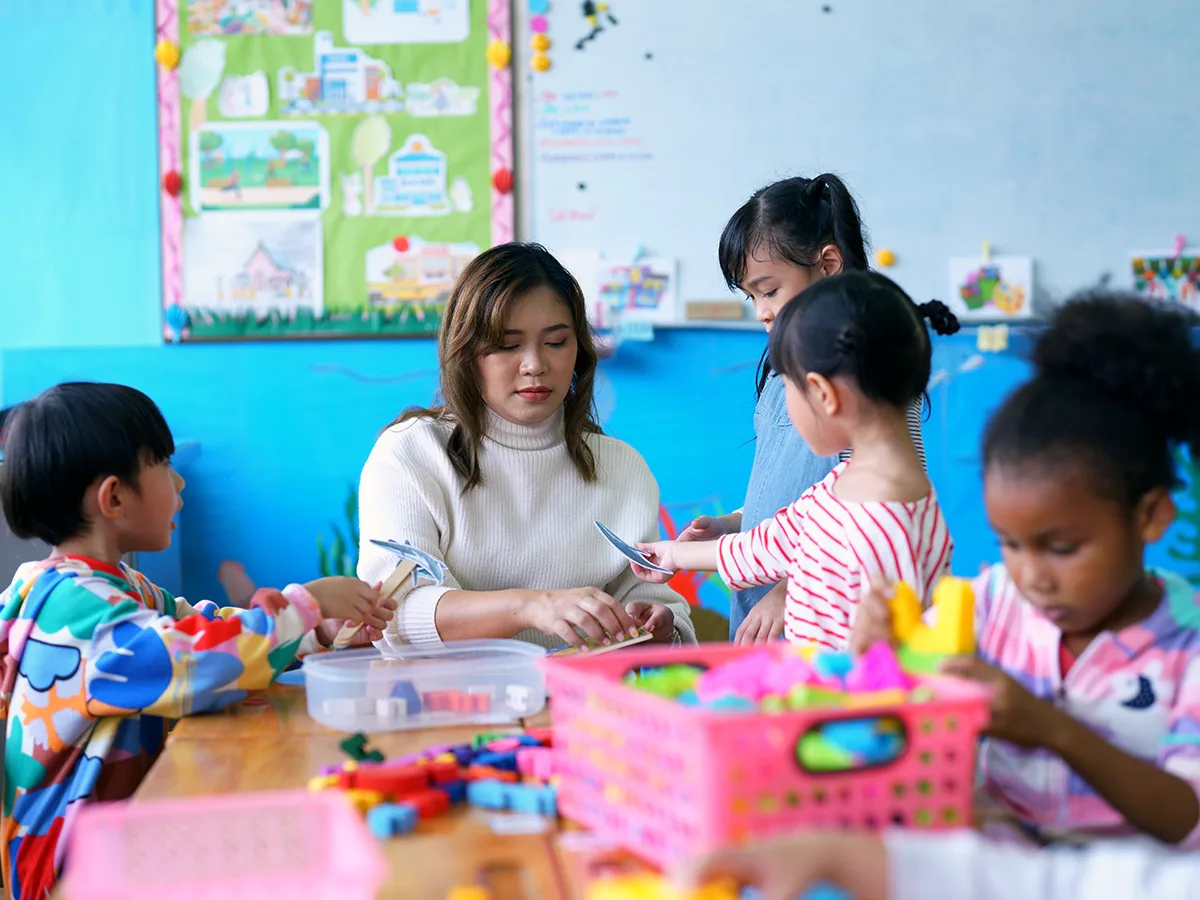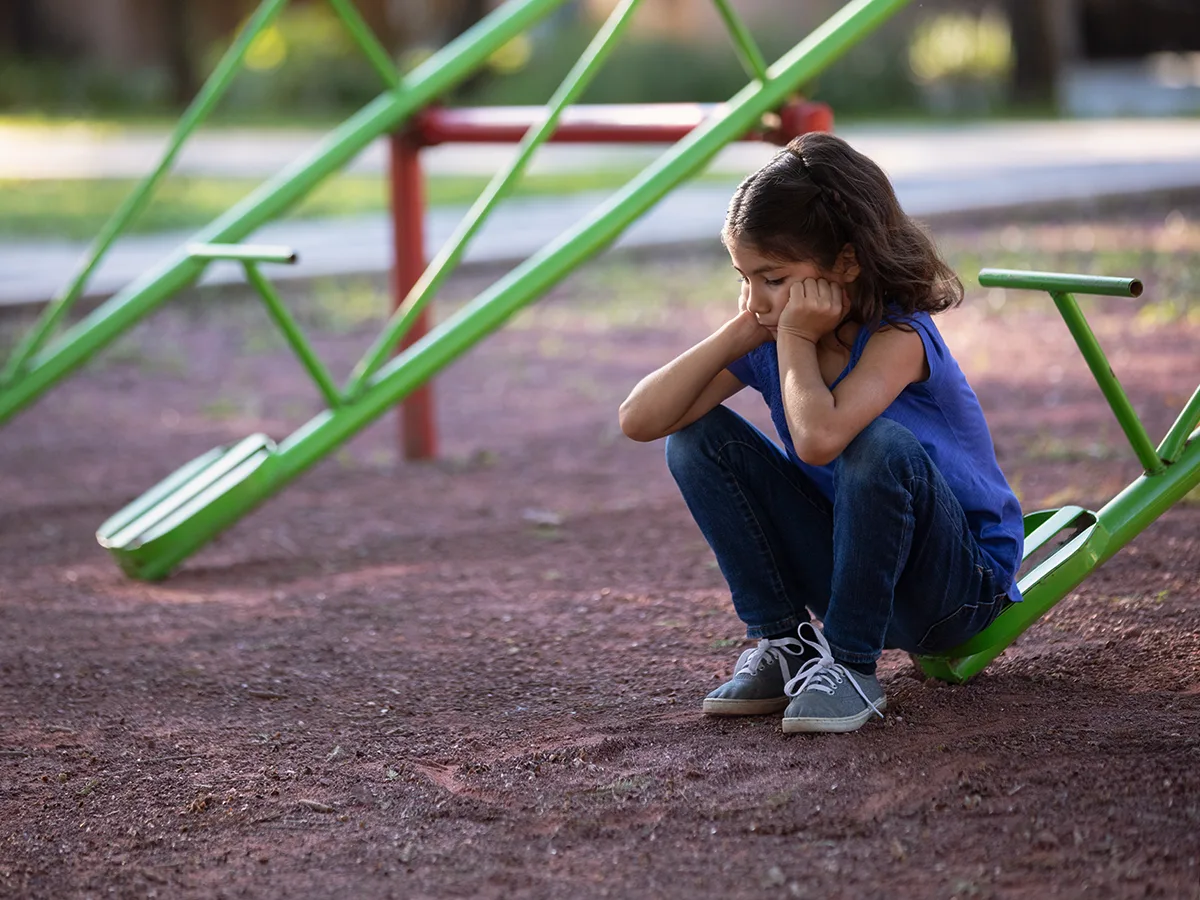7 study group tips for kids with social skills challenges
From interrupting others to feeling left out, kids with social skills challenges often struggle when working in groups. These tips can help you and your child troubleshoot common challenges.
1. Count to five before responding to others.
Basic listening skills go a long way in groups. Teach kids to count to five before they chime in or when someone else is talking. This helps them avoid interrupting or talking over others.
Some kids worry about forgetting their ideas if they wait to speak. In those cases, encourage kids to write down their thoughts ahead of time so they can refer to them later.
2. Respect others’ opinions in the group.
Some kids with social skills challenges are rigid thinkers. They believe they’re “right” and others are “wrong,” with little gray area in between. They may also have a hard time grasping other people’s points of view.
It’s important for kids to understand that it’s fine to have and to share their own opinions when they’re working in a group. But they shouldn't disrespect other kids because of their ideas. And when a group decision is made, they need to go along with it even if they don’t agree. Majority rule is generally how study groups operate.
3. Find ways to let off steam during group work.
When kids don’t feel prepared to participate, they may clown around to cover it up. They may feel like they don’t have anything worthwhile to contribute. Or they may just feel uncomfortable participating in a group setting, and get restless as a result.
If your child gets antsy during group work, brainstorm strategies together for subtly letting off steam. For some kids, it’s very helpful to stand and pace, hold a fidget, or even excuse themselves for a bathroom break.
4. Focus on strengths.
The best way to gain status and confidence in a group is to add valuable ideas and effort to the work. Focusing on their strengths helps kids figure out how they can be good contributors.
Kids who are great at finding information online could offer to do research. A master doodler might offer to draw posters or illustrations. You can even role-play how your child might approach the group.
5. Encourage your child to participate at each meeting.
Some teachers make sure kids participate during every class. If your child tends to withdraw or “space out” when working in groups, try to encourage participation every time the group meets.
Brainstorm questions or ideas that your child will talk about with the group. Your child can write each one down on a notecard and check them off during the meeting. The cards will be a physical reminder to participate. And that will send a message of engagement and interest to the rest of the group.
6. Help your child stay on top of commitments.
Groups work well when everyone is committed and does what they’re supposed to do. The other kids may get annoyed if your child is always late, forgets to bring materials, or doesn’t contribute to the work.
There are ways to help kids who struggle with organization and time management stay on track. Plot out on the calendar what has to be done by when. (For instance, does your child need to pick up poster board over the weekend?) Make sure to gather everything ahead of time so there’s no last-minute rush.
7. Ask the teacher about finding the right group for your child.
Teachers often let students form their own groups to work on projects. That can be tough on kids with social skills challenges — even when they’re doing their best to be active and respectful members of the group. They may wind up with classmates who just don’t match up with them academically or socially. Or they may be in a group where they feel like an outsider.
Talk to your child about who might be fun to work with, and why. (Sometimes kids choose group mates for the wrong reasons.) Then ask your child’s teacher to group your child with kids who are a good match.





